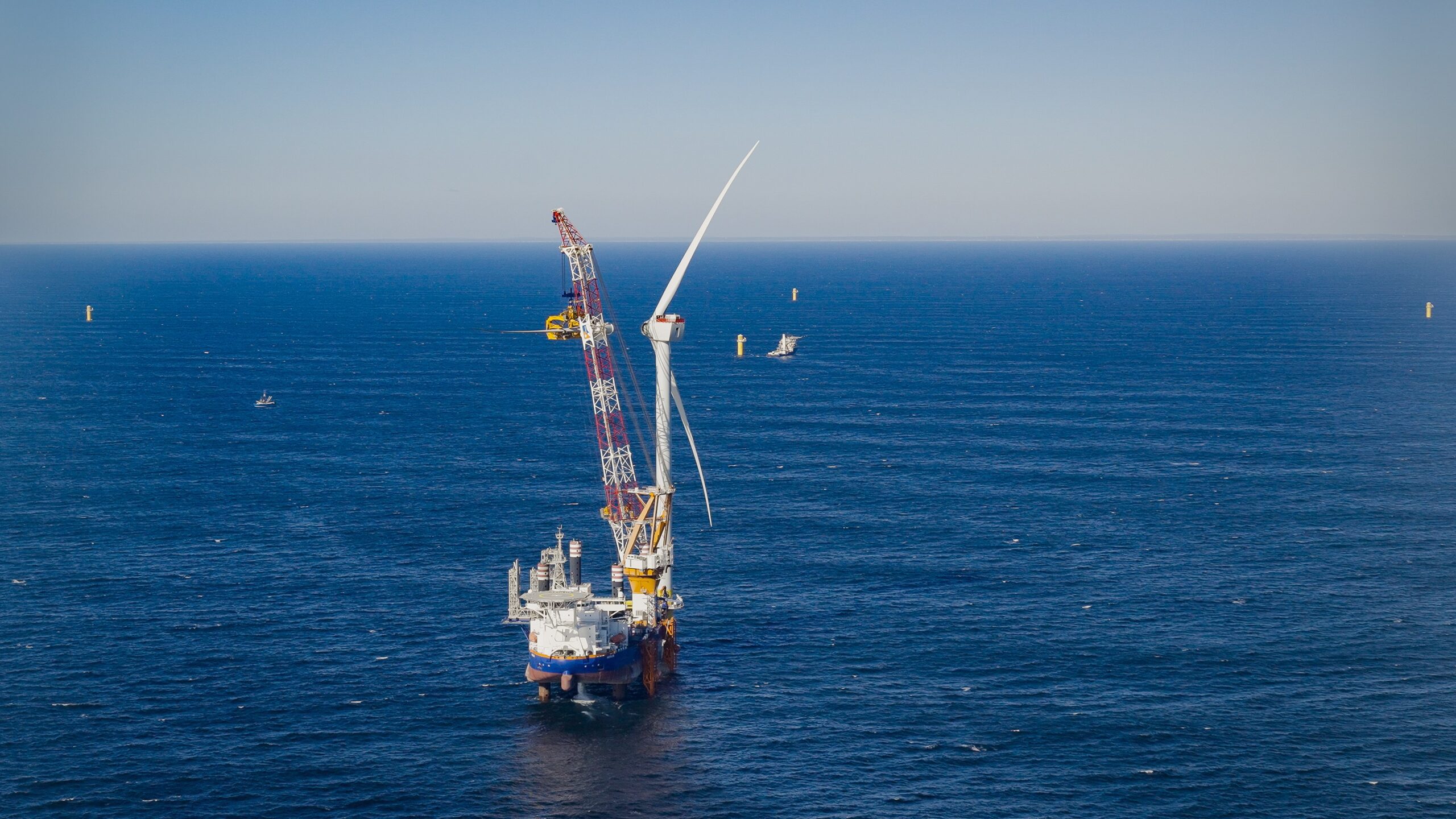 HOUSTON —The U.S. government broke precedent by issuing citations to contractors Halliburton Co. and Transocean Ltd. in the Deepwater Horizon oil spill, along with rig operator BP PLC.
HOUSTON —The U.S. government broke precedent by issuing citations to contractors Halliburton Co. and Transocean Ltd. in the Deepwater Horizon oil spill, along with rig operator BP PLC.
While now facing greater scrutiny from regulators, contractors in the oil-service industry have considerable liability protection to fight the citations and any subsequent fines, legal experts say. They also have enough market muscle to strengthen liability protection in their contracts with oil companies.
Previously, U.S. regulators have held the rig operator responsible for whatever happens under its watch. The operator hired contractors, who perform drilling, seismic or cementing operations and whose contracts protected them from any liability.
That was upended by the Deepwater Horizon mishap in April 2010, which resulted in 11 deaths, the biggest accidental marine oil spill in history, and tens of billions of dollars in costs. BP said blame also falls on Halliburton, which was in charge of cementing the failed well shut, and Transocean, the drilling contractor that owned the Deepwater Horizon rig. U.S. investigations have widely cast the blame among all three companies.
The citations, issued Wednesday, set a precedent for holding contractors at least partially responsible for such accidents, and may increase the contractors’ exposure to civil suits from anyone claiming damages from the spill, analysts said.
The contractors have pledged to fight the accusations. Halliburton said that it is fully protected against penalties and losses from the Deepwater Horizon incident by its contract with BP. Transocean also said it intends to appeal.
However, if the courts determine that the government has the right to issue a citation to oil-service contractors, there is no contract that will protect them from the fine, according to Larry Nettles, an environmental attorney with Vinson & Elkins, a Houston law firm. “In most jurisdictions the courts do not allow indemnification for fines and penalties, because it defeats the purpose,” which is to punish bad behavior, Mr. Nettles said.
Still the industry is expected to bulk up its contracts even more in the wake of the regulators’ action, legal experts say, to get as much liability protection as possible. The contractors currently have considerable bargaining power to win such new concessions from rig operators on contract protection. Relatively high oil prices have led to a shortage of drilling crews and have put oilfield services at a premium, giving the contractors the upper hand in negotiations.
“When oil prices are high and there’s lots of activity, service contractors can drive a very hard bargain,” said Owen Anderson, a professor of law specializing in energy at the University of Oklahoma.
(c) 2011 Dow Jones & Company, Inc.

 Join The Club
Join The Club




 HOUSTON —The U.S. government broke precedent by issuing citations to contractors Halliburton Co. and Transocean Ltd. in the Deepwater Horizon oil spill, along with rig operator BP PLC.
HOUSTON —The U.S. government broke precedent by issuing citations to contractors Halliburton Co. and Transocean Ltd. in the Deepwater Horizon oil spill, along with rig operator BP PLC.






